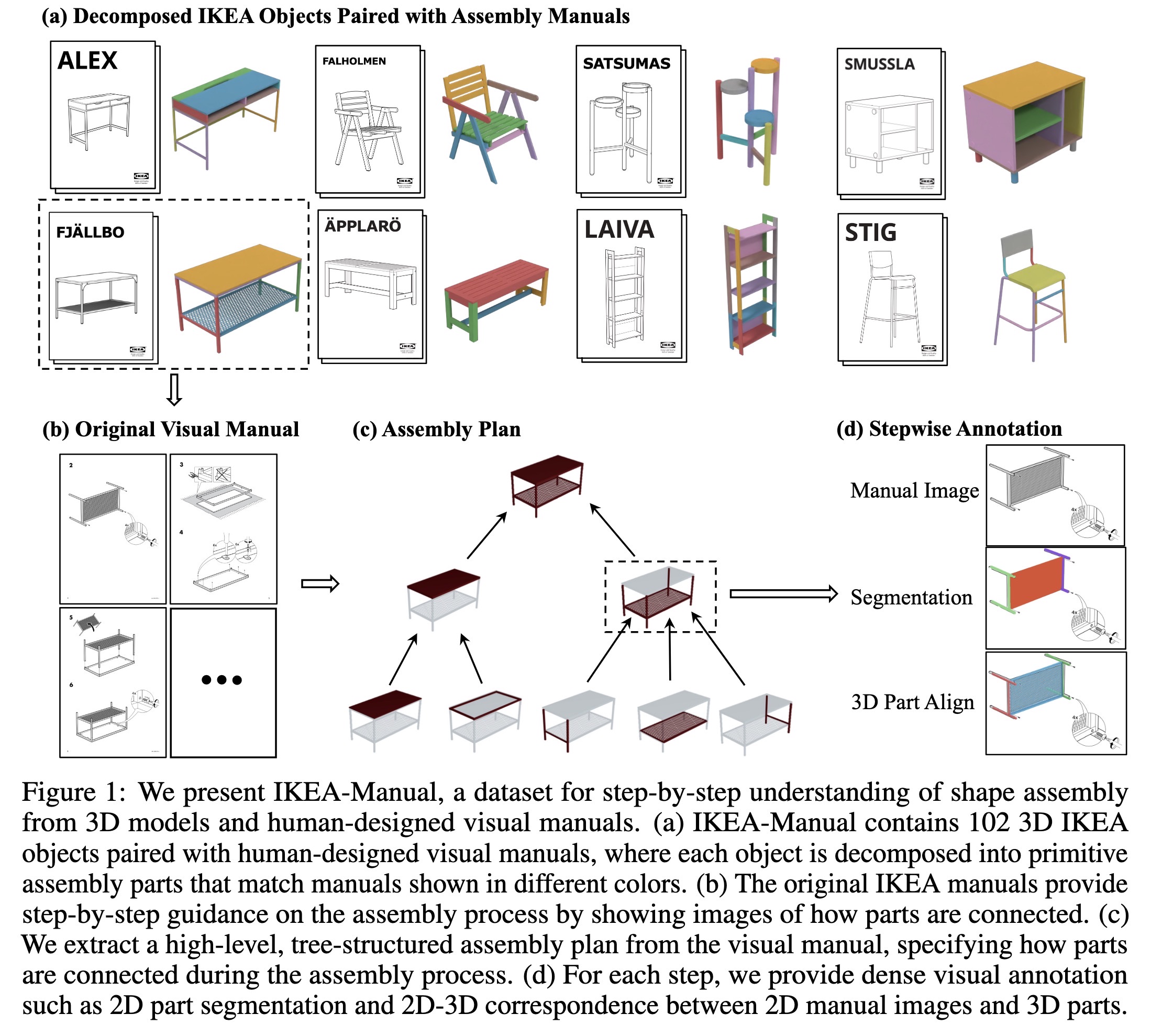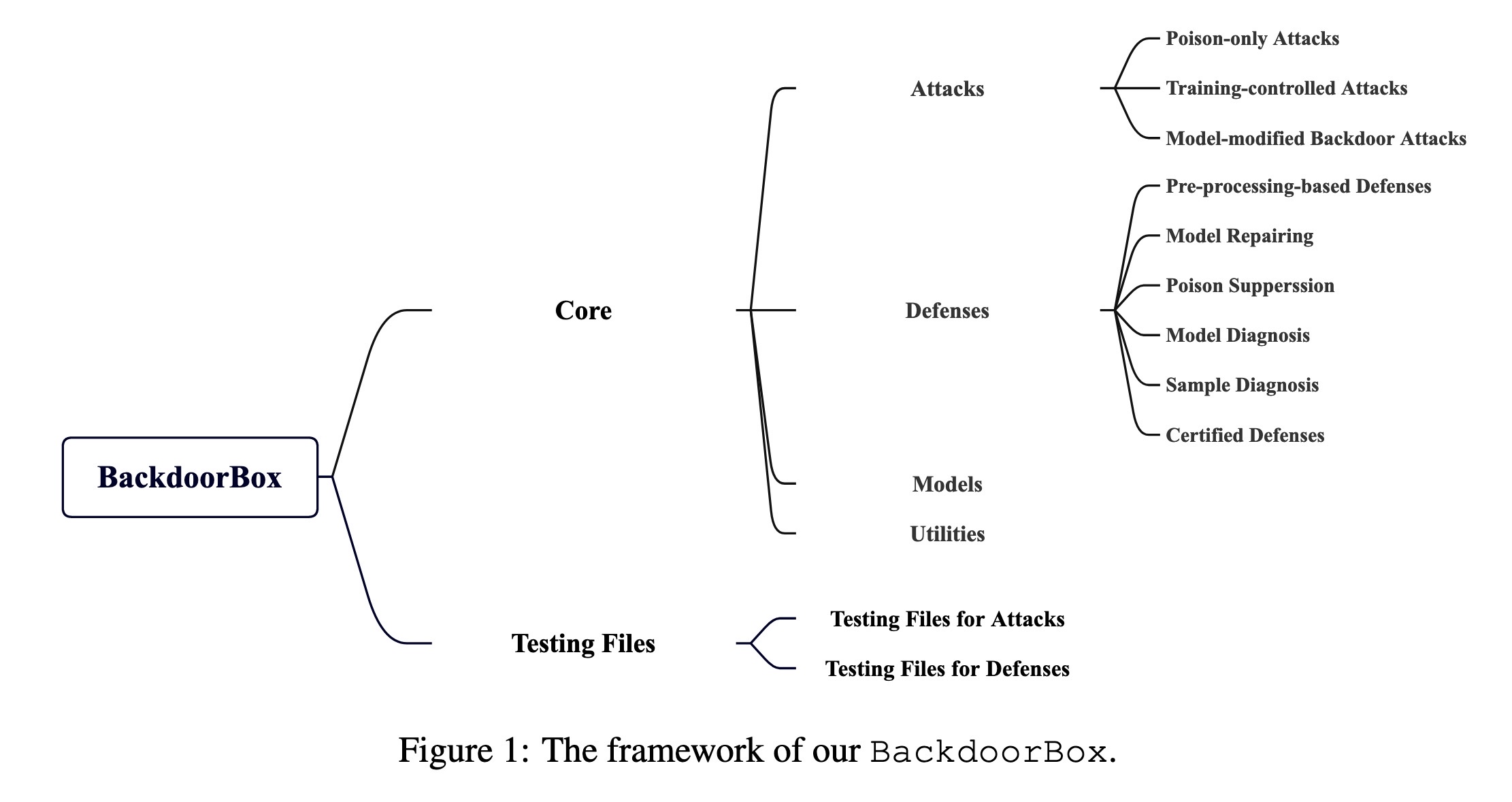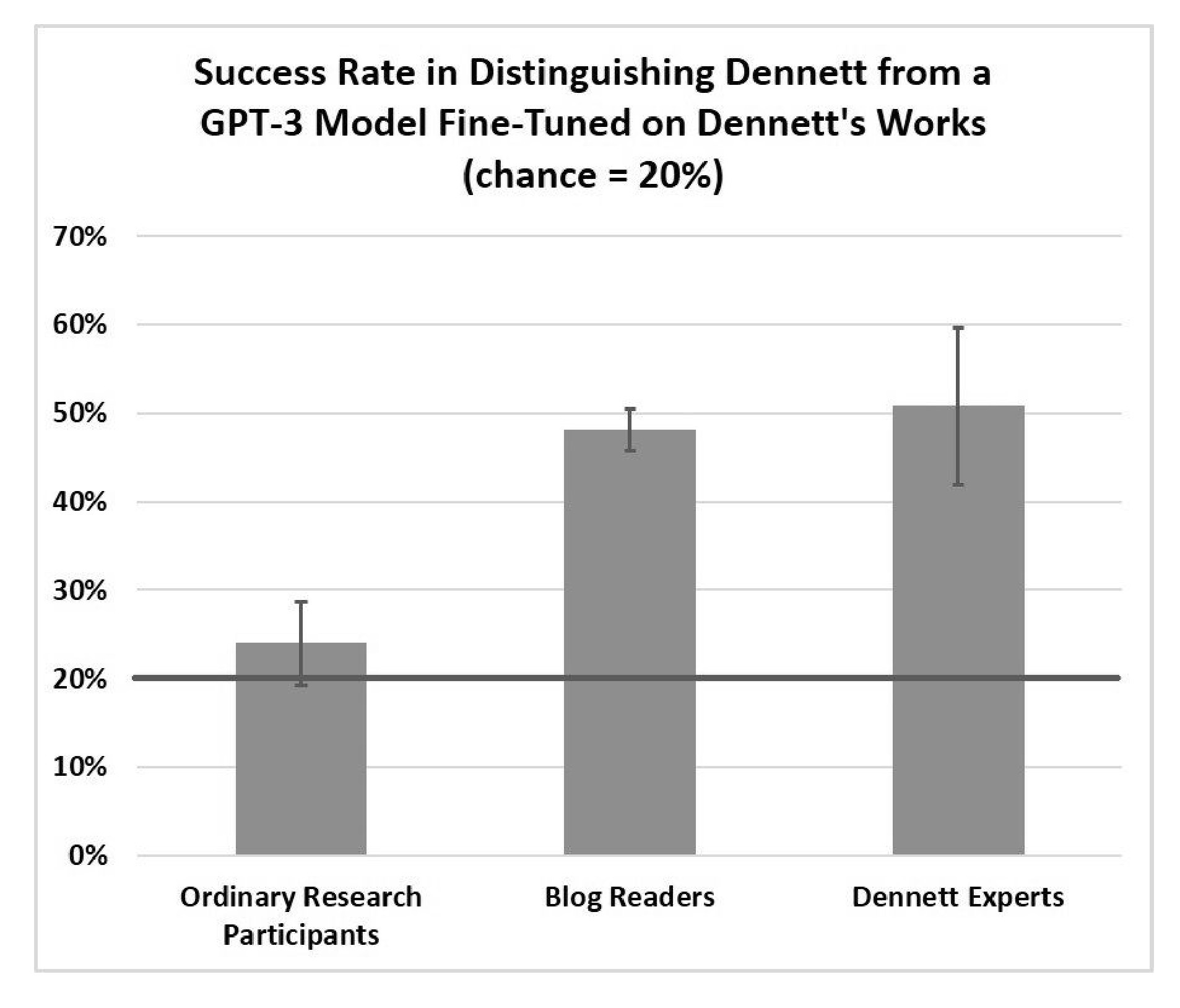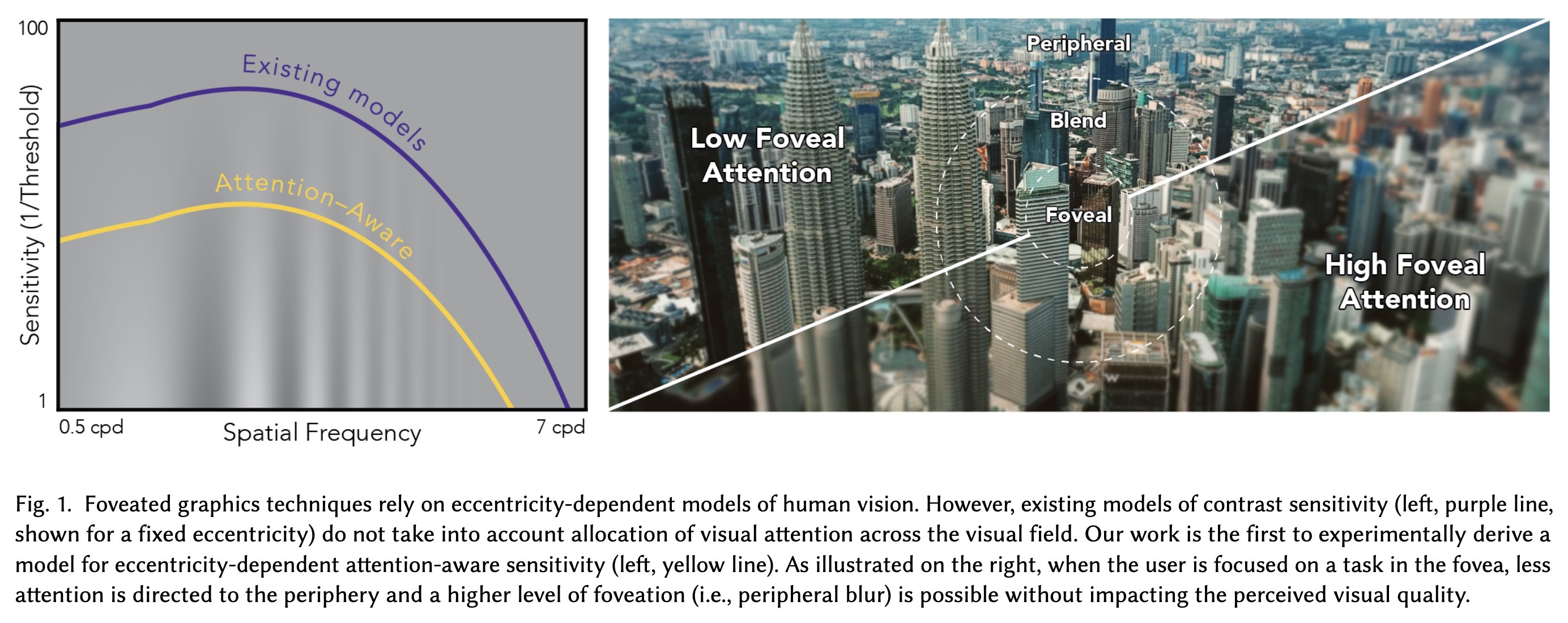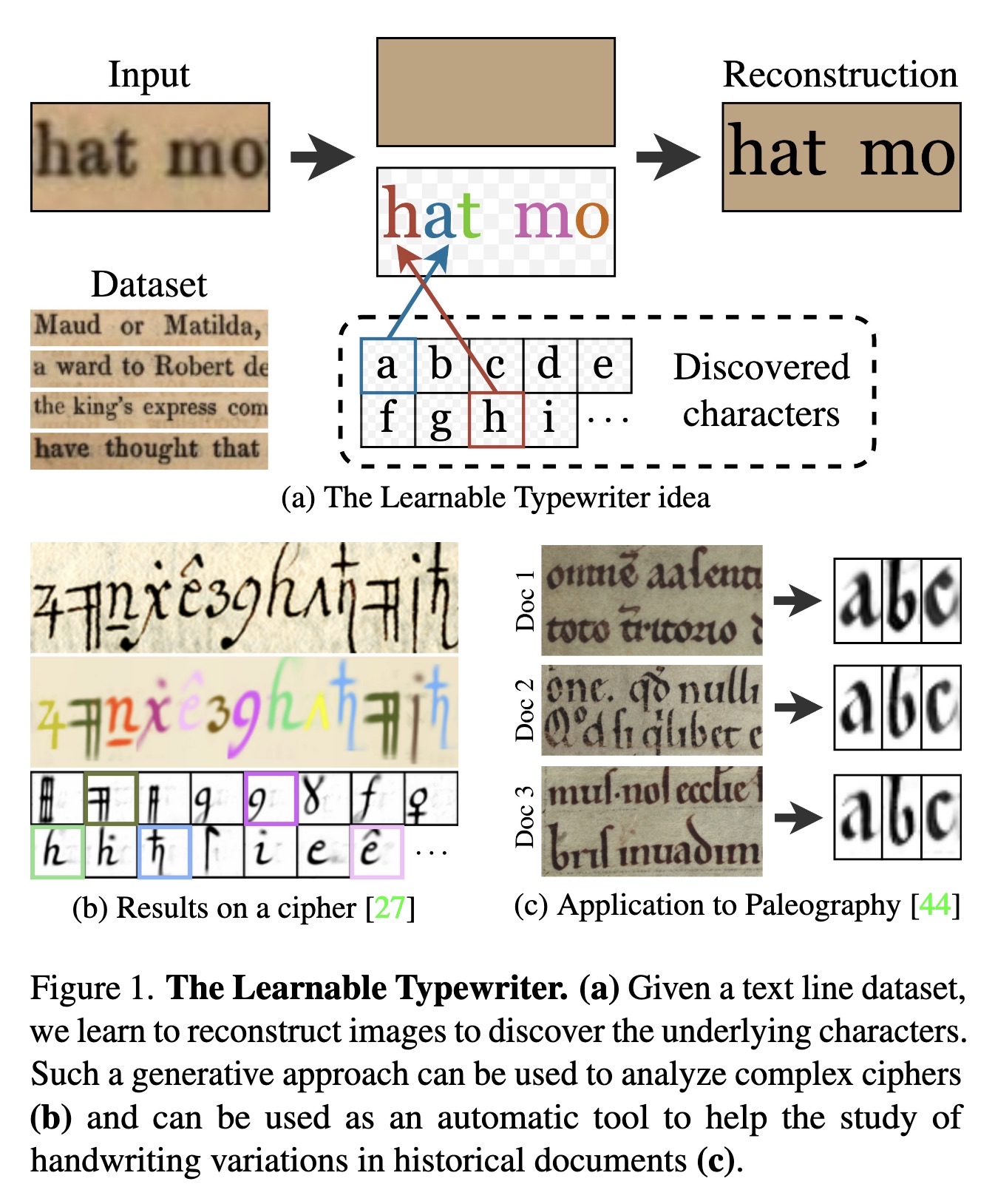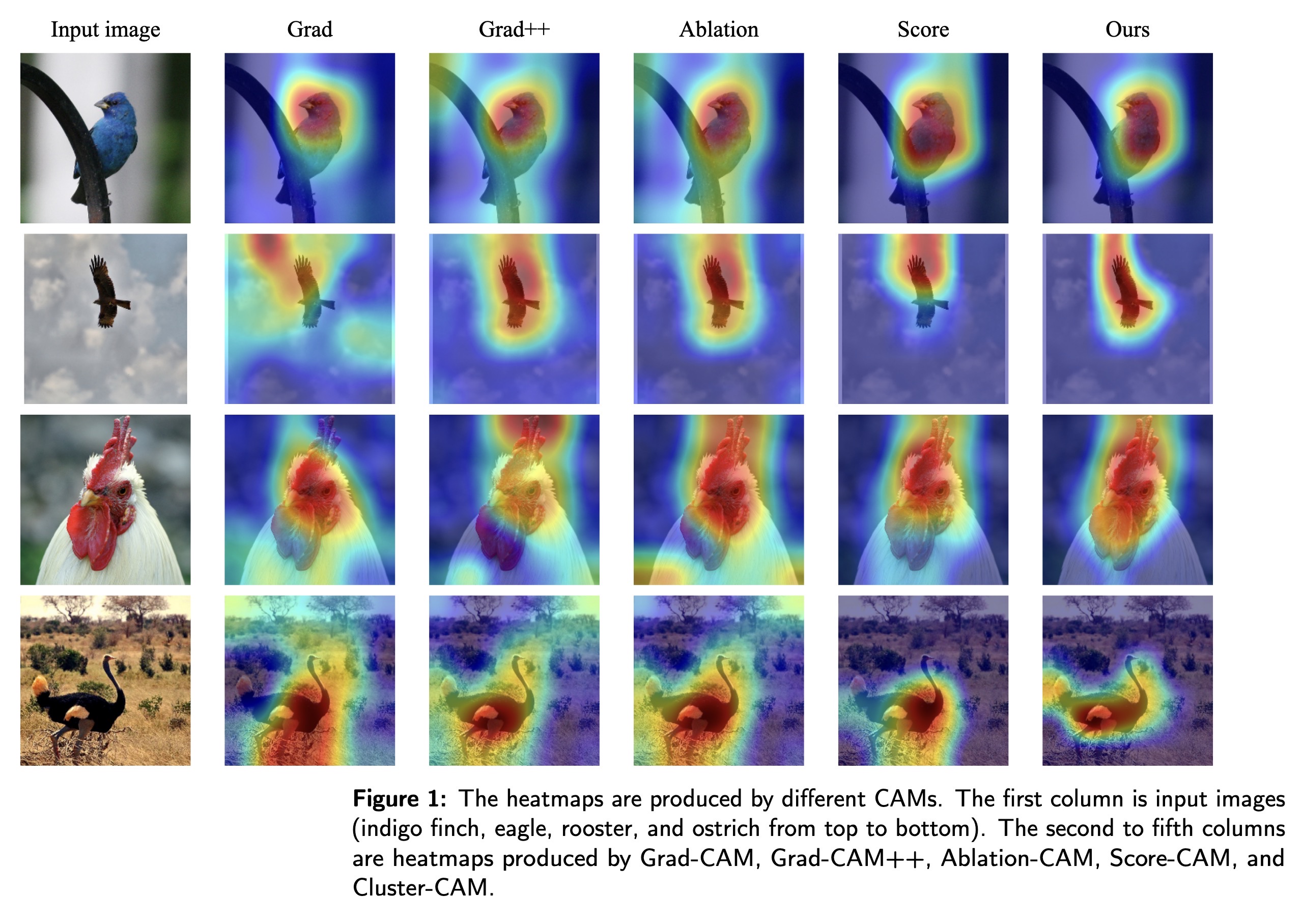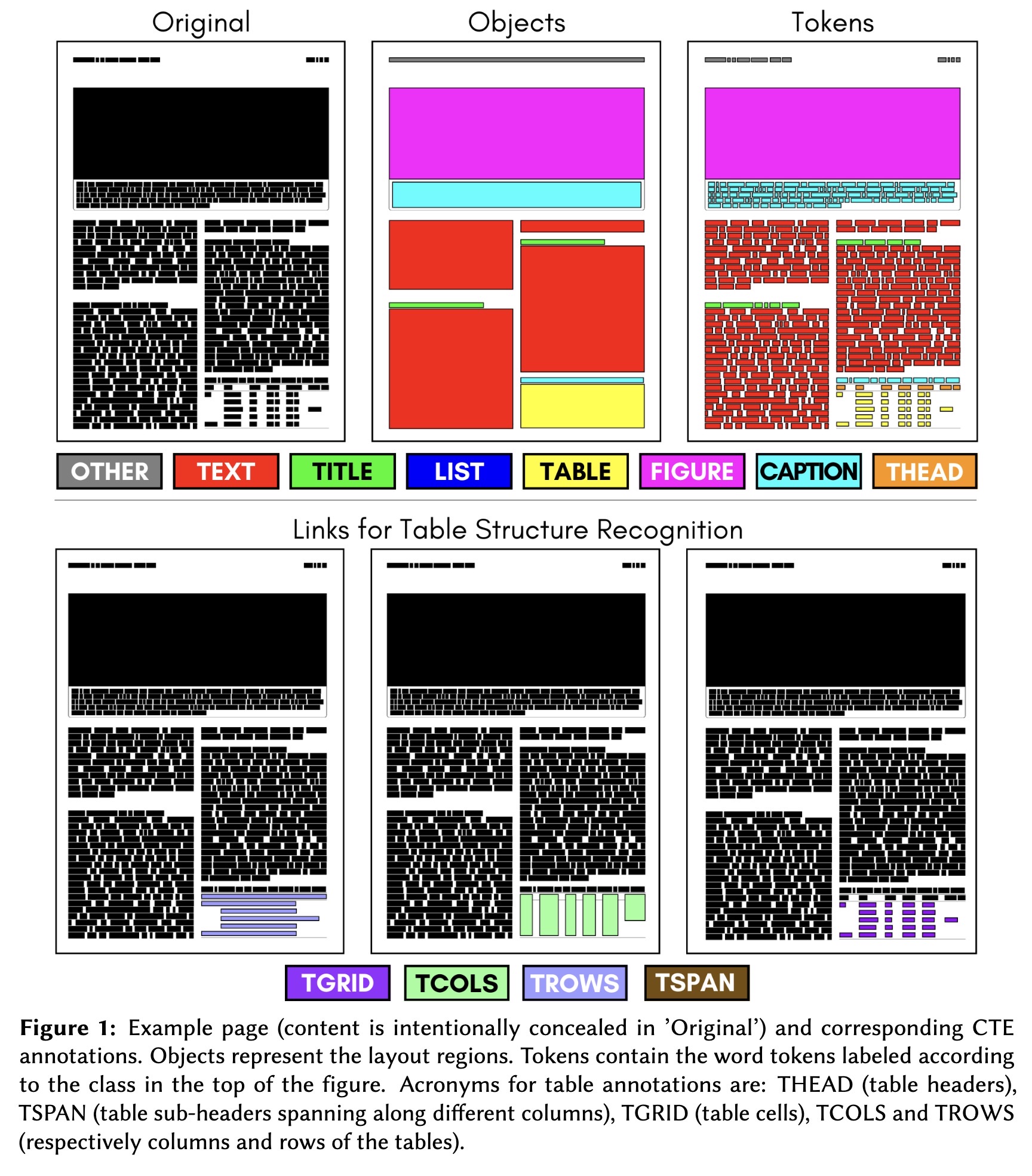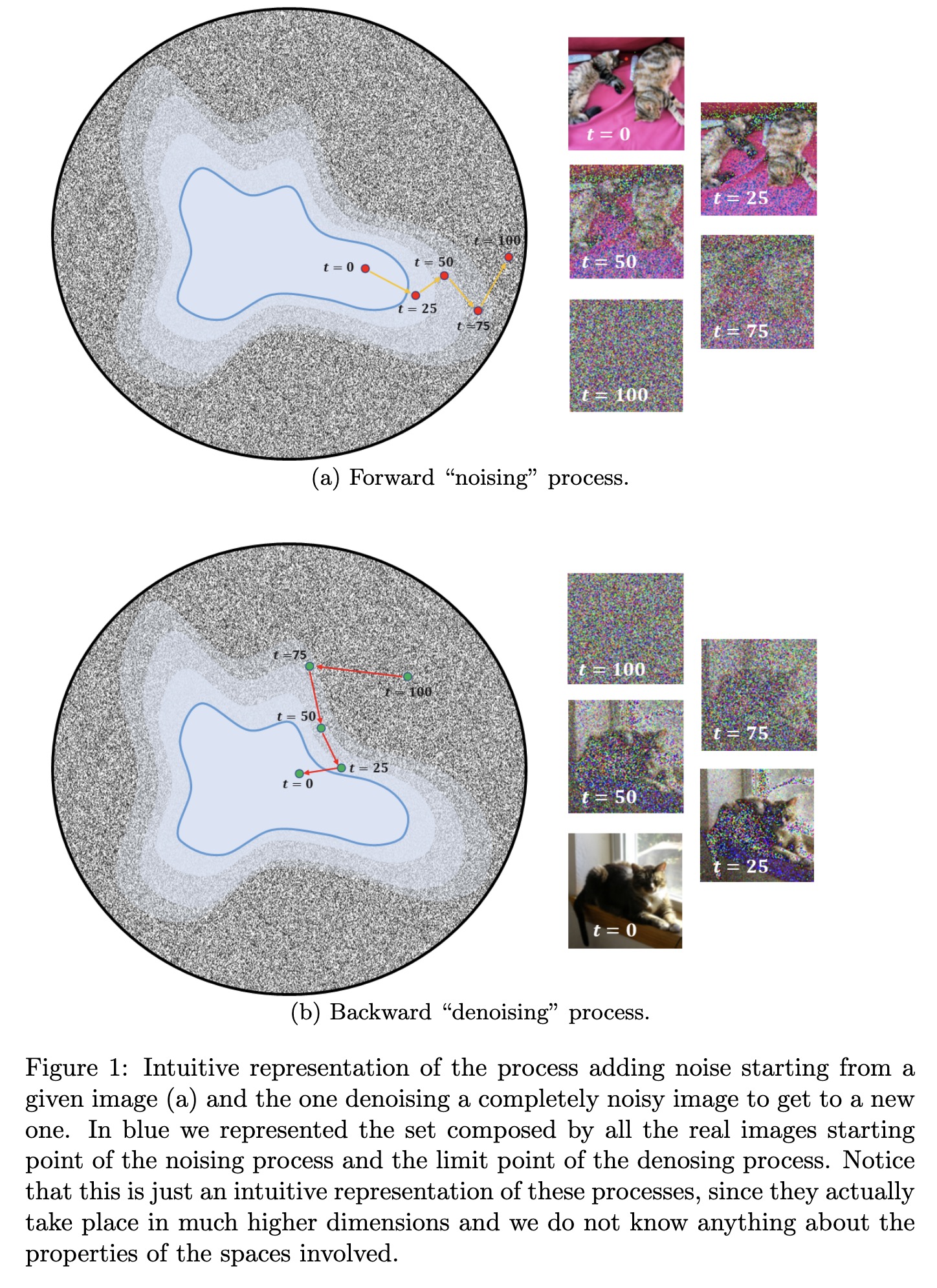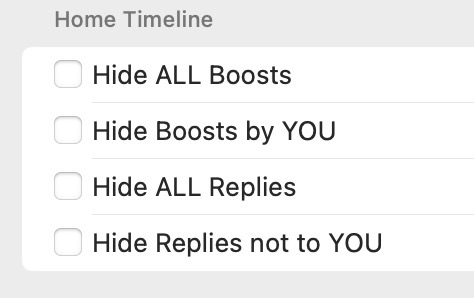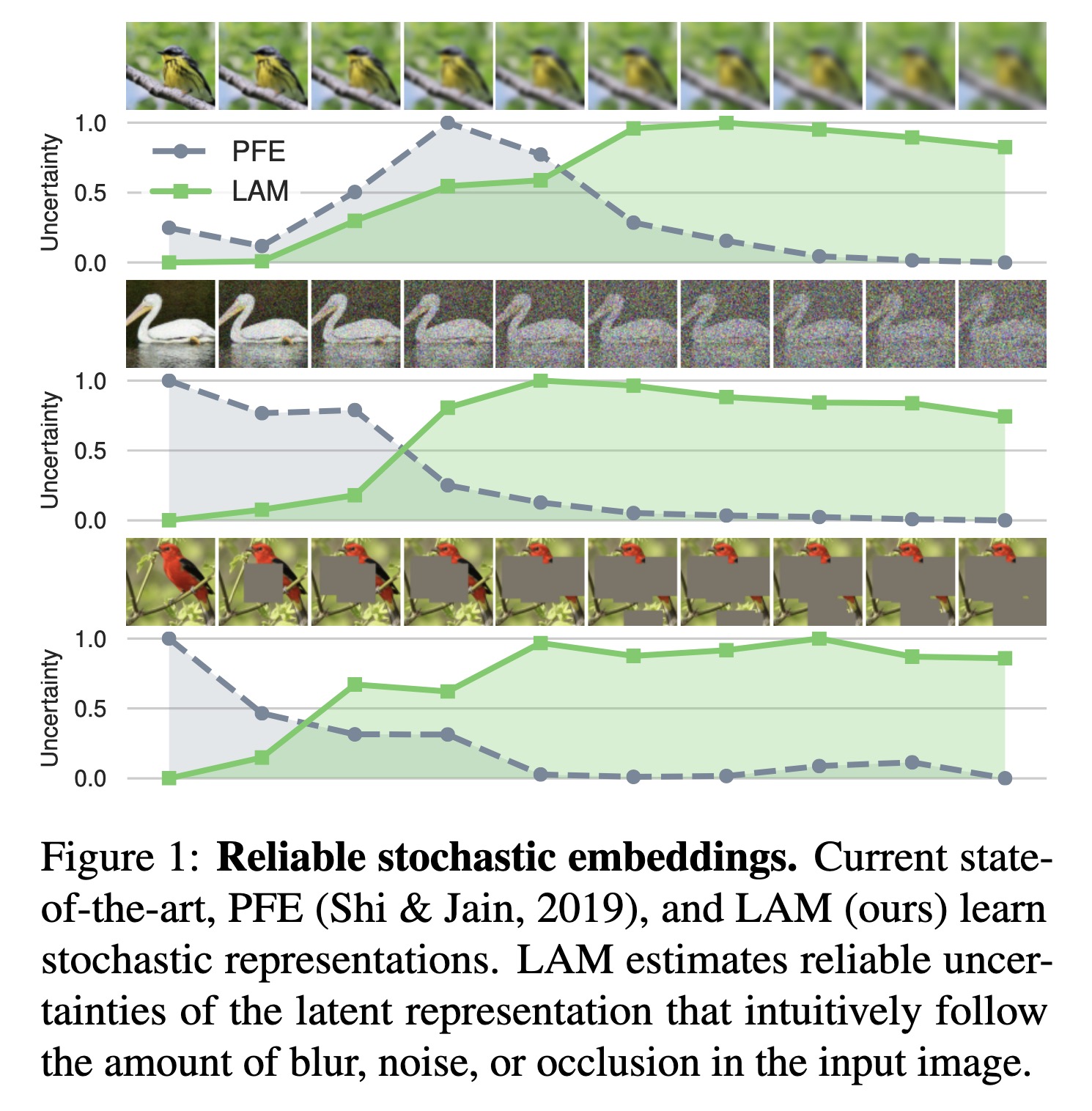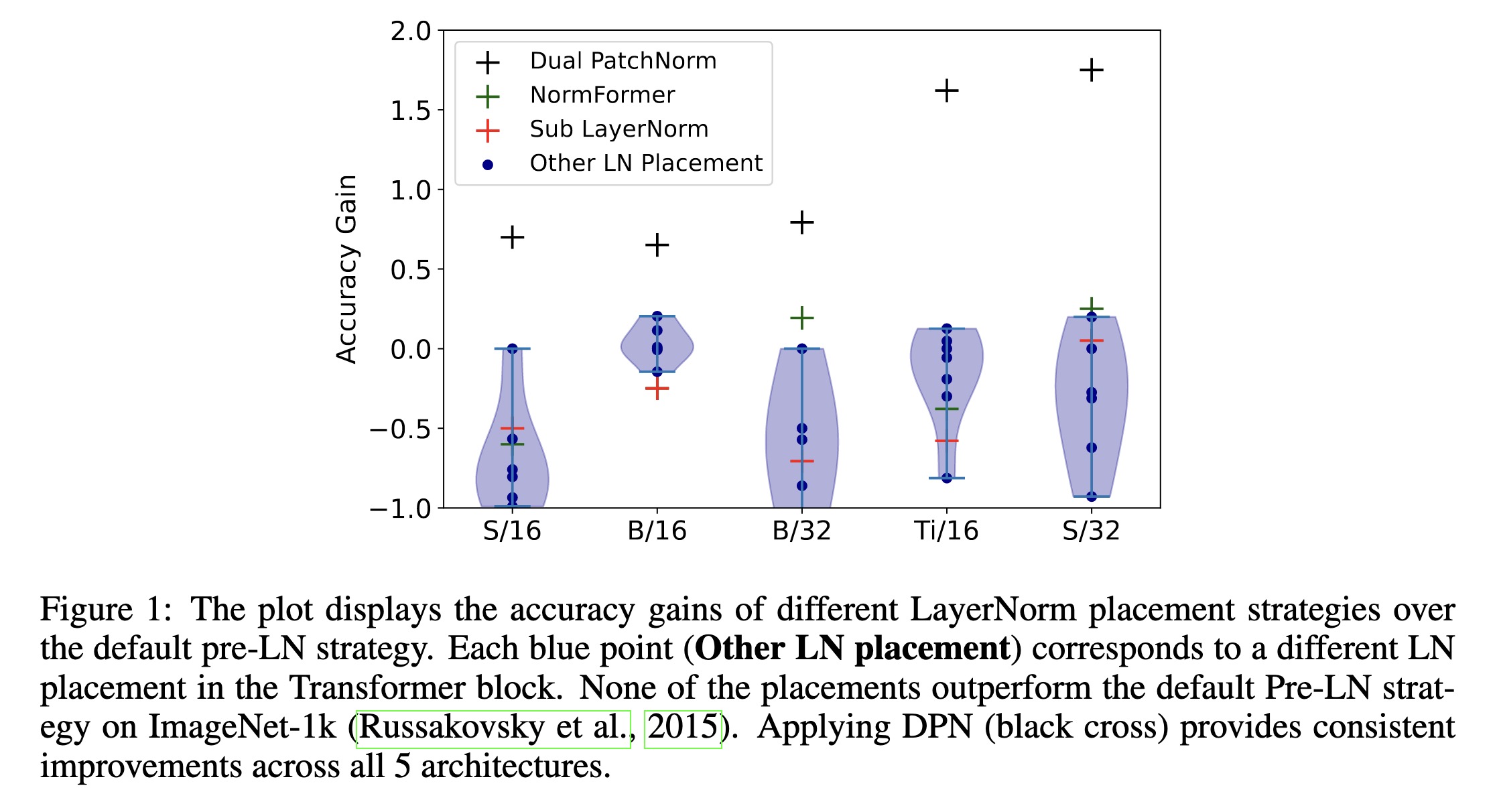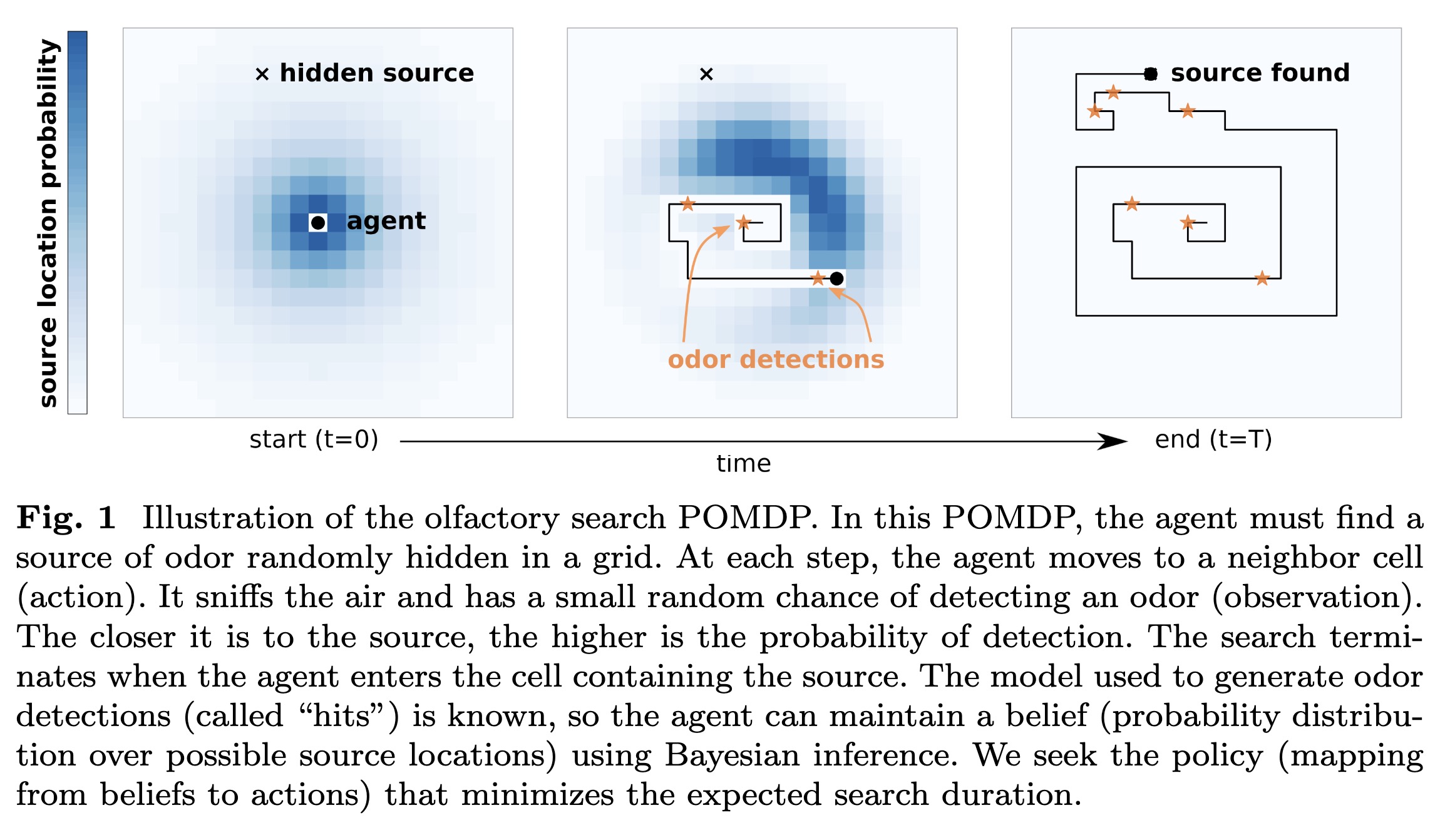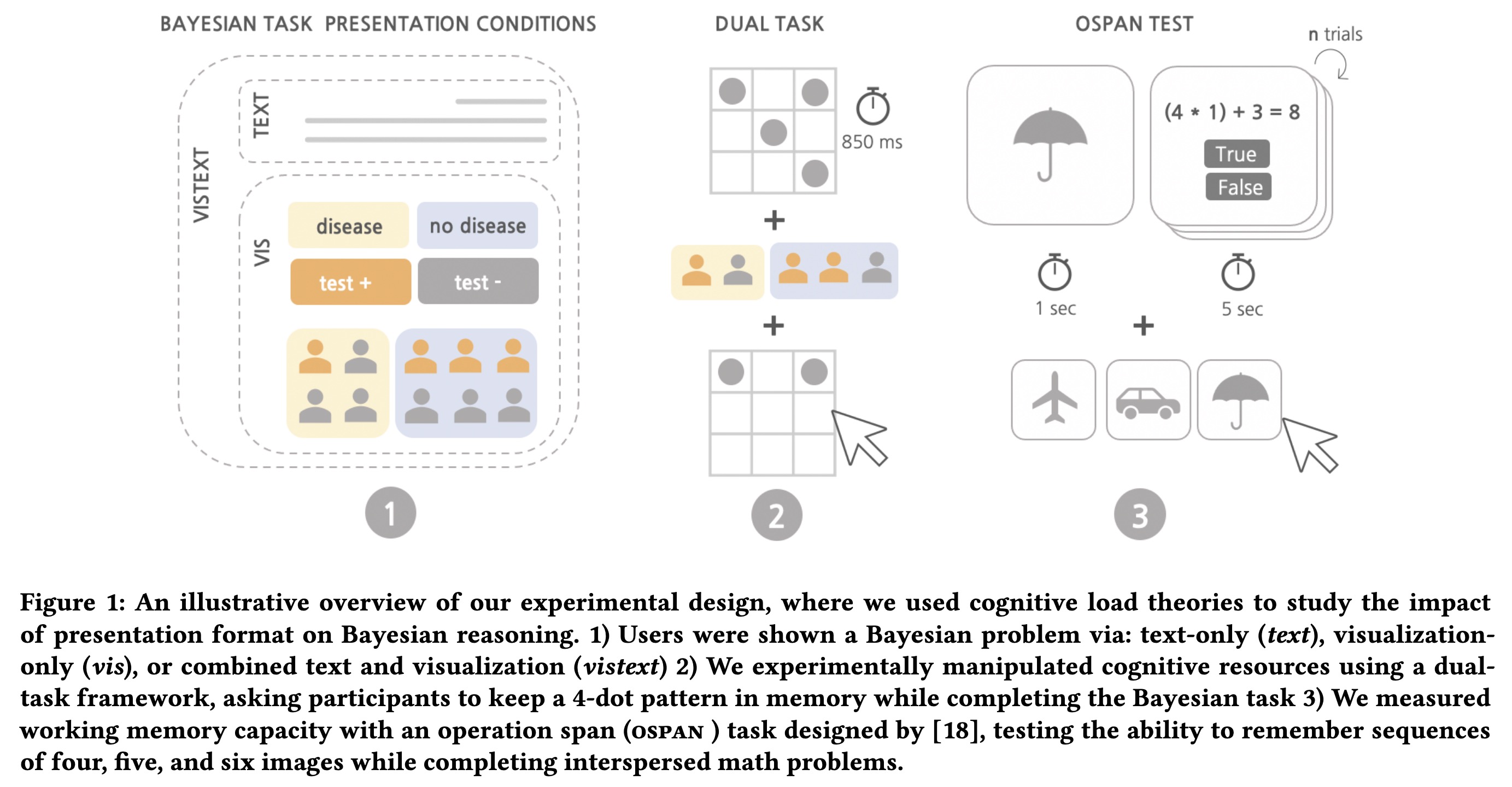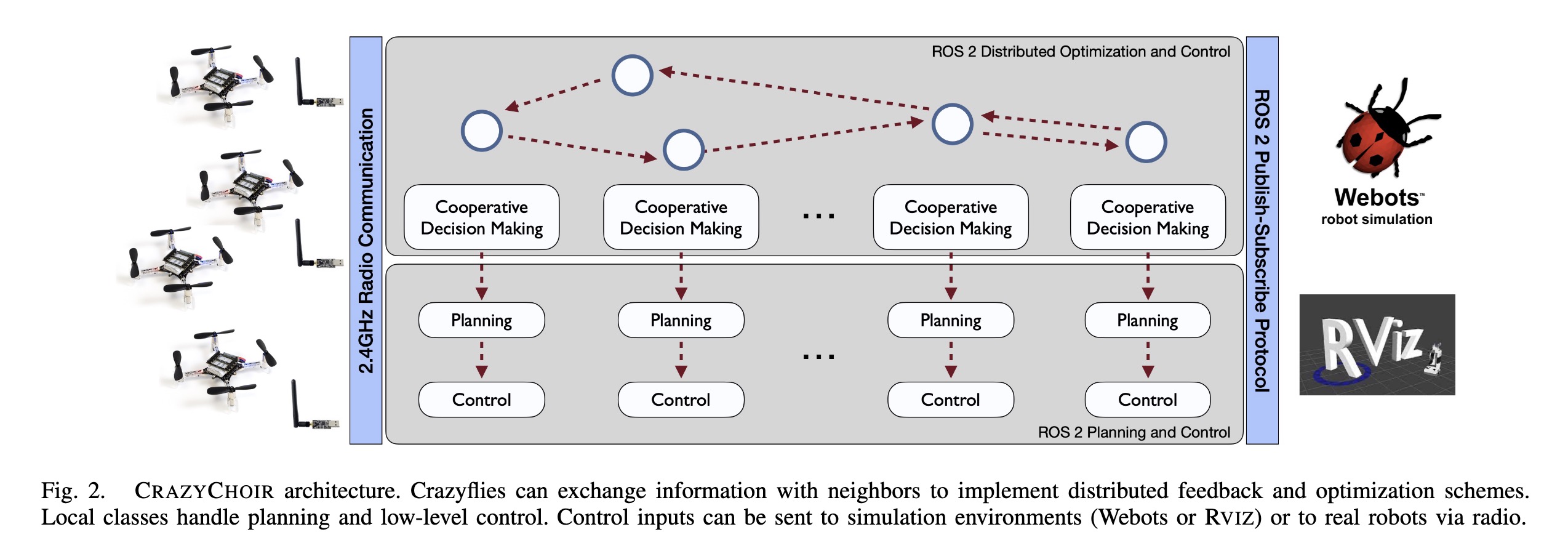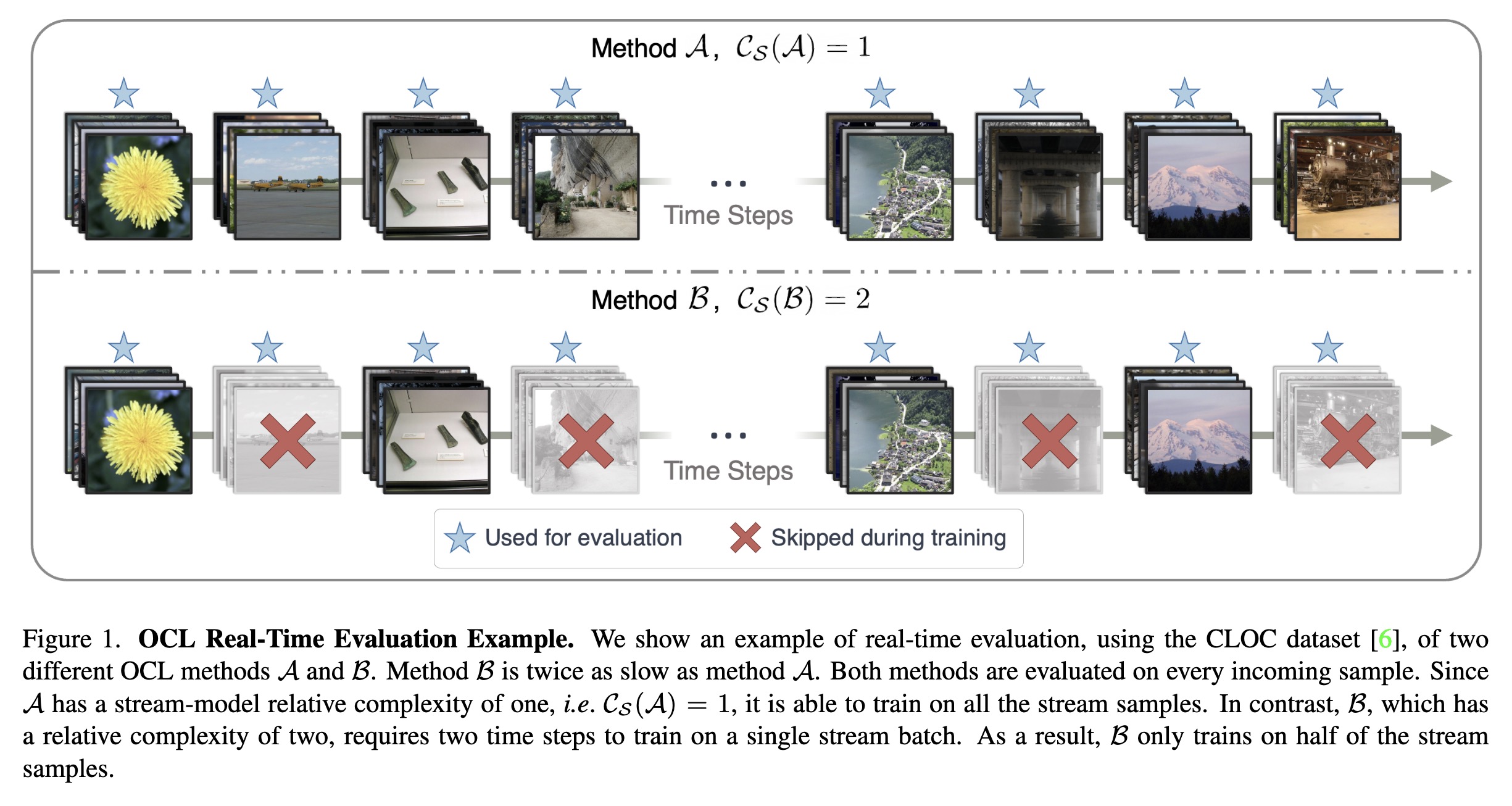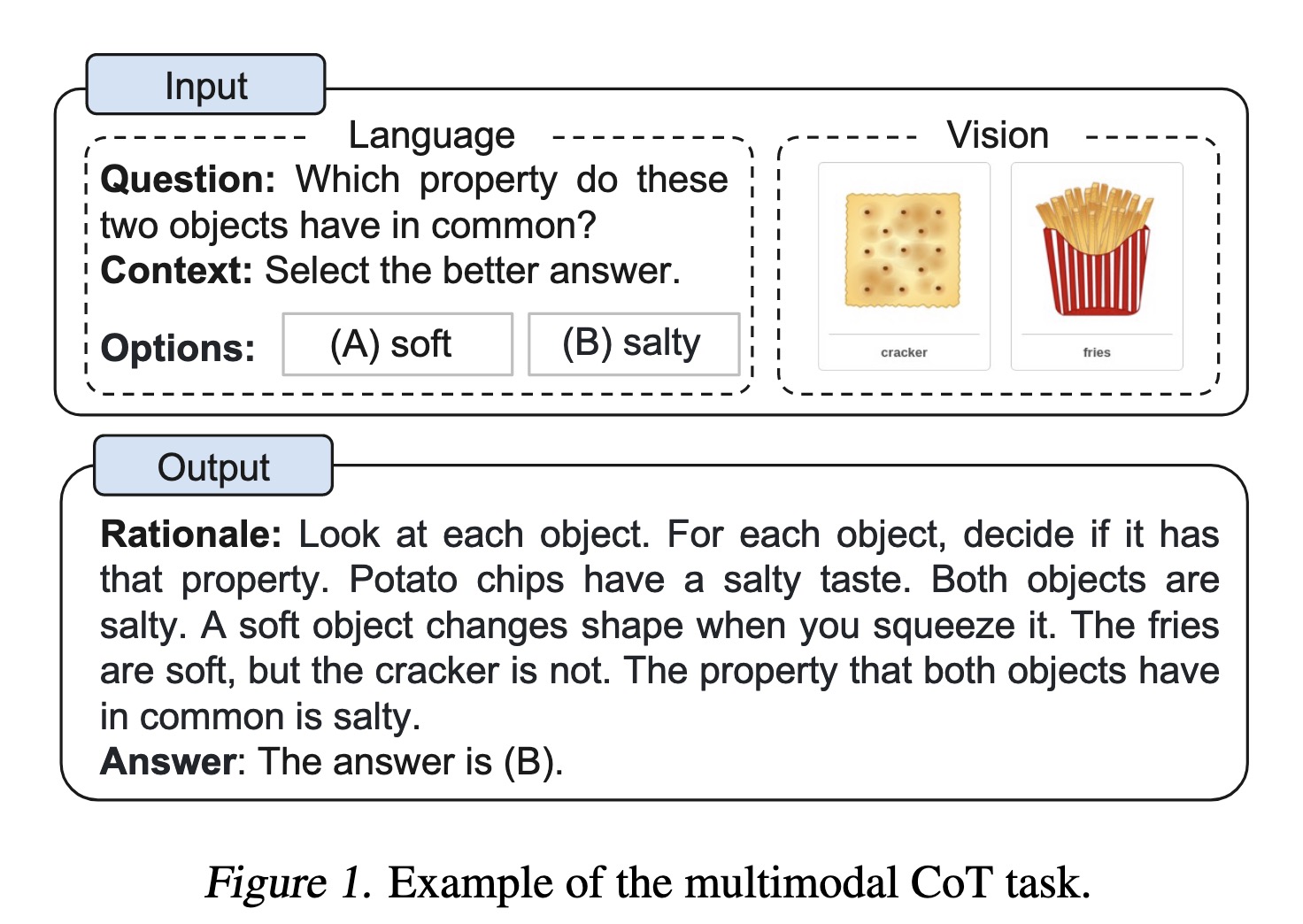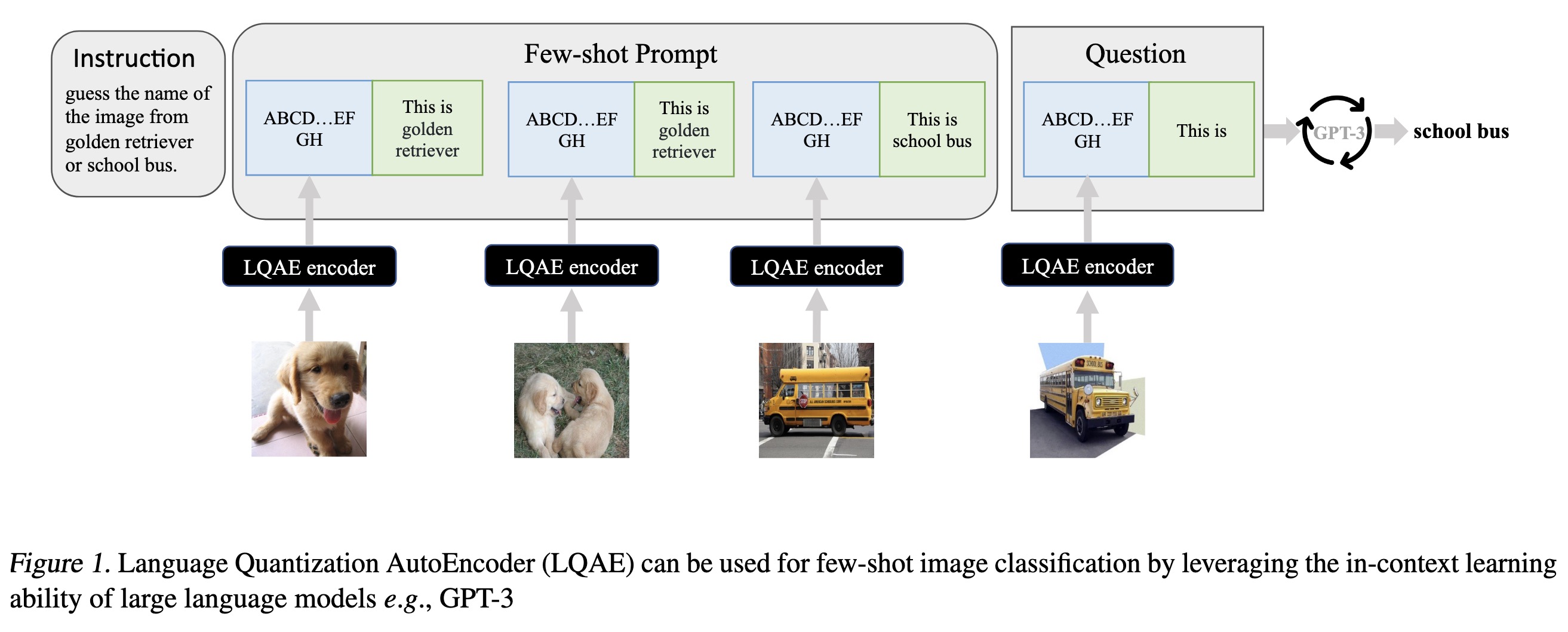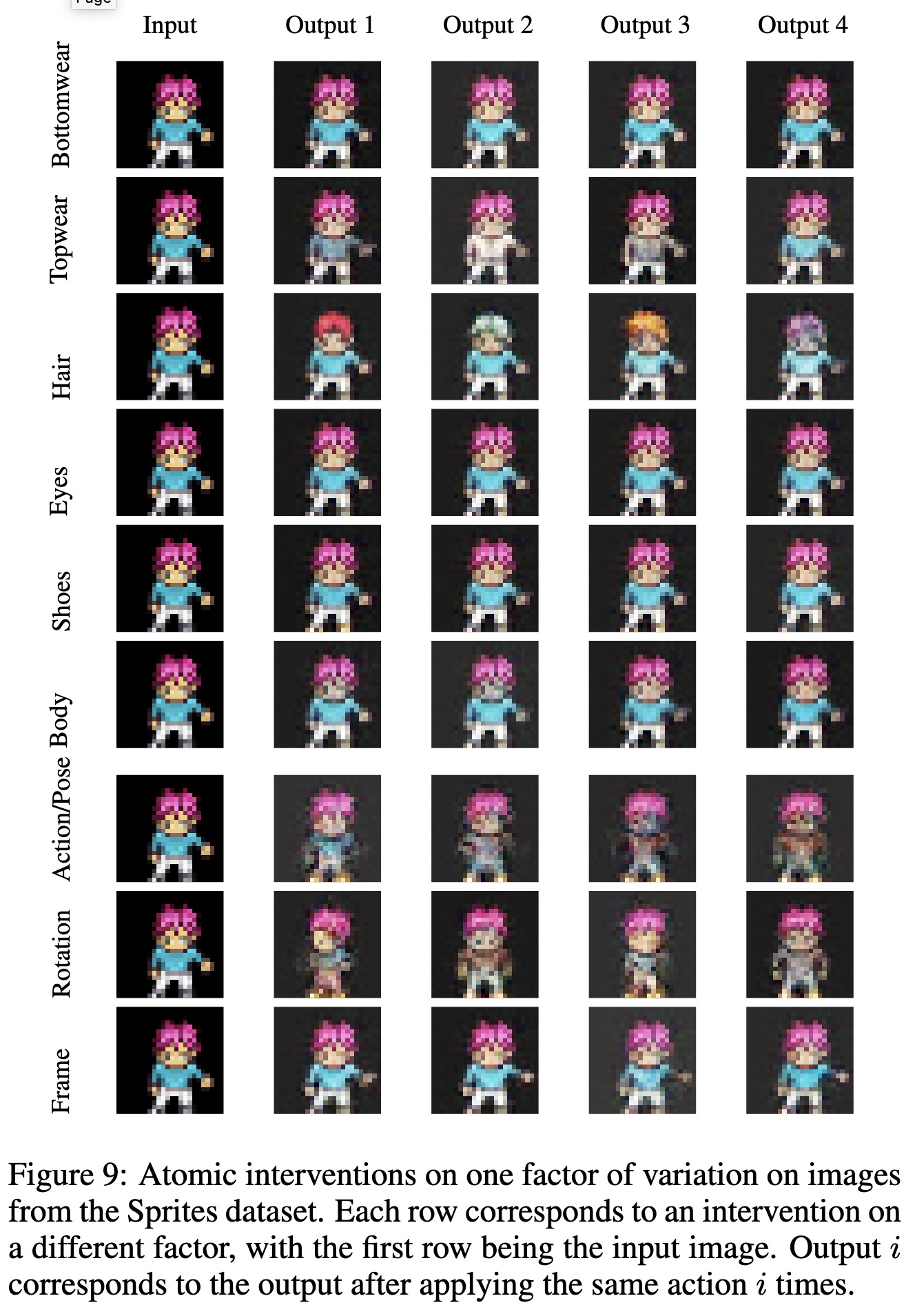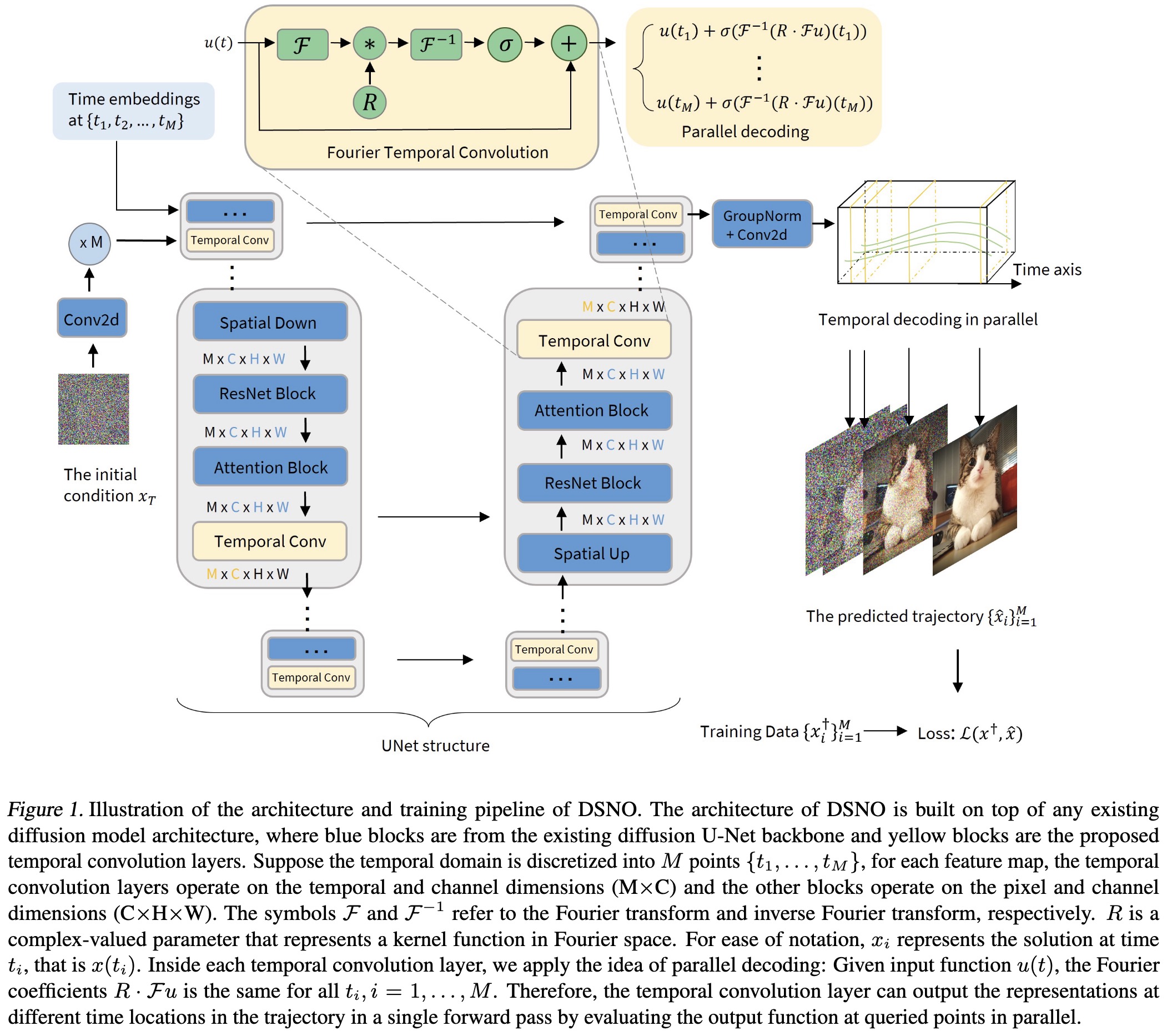Posts
1568Following
137Followers
877I'm currently working on my second novel which is complete, but is in the edit stage. I wrote my first novel over 20 years ago but then didn't write much till now.
I post about #Coding, #Flutter, #Writing, #Movies and #TV. I'll also talk about #Technology, #Gadgets, #MachineLearning, #DeepLearning and a few other things as the fancy strikes ...
Lived in: 🇱🇰🇸🇦🇺🇸🇳🇿🇸🇬🇲🇾🇦🇪🇫🇷🇪🇸🇵🇹🇶🇦🇨🇦
Fahim Farook
f
"IKEA-Manual: Seeing Shape Assembly Step by Step. (arXiv:2302.01881v1 [cs.CV])" — A dataset consisting of 102 IKEA objects paired with assembly manuals to help improve/test shape assembly activities since the manuals provide step-by-step guidance on how we should move and connect different parts in a convenient and physically-realizable way.
Paper: http://arxiv.org/abs/2302.01881
#AI #CV #NewPaper #DeepLearning #MachineLearning
<<Find this useful? Please boost so that others can benefit too 🙂>>
IKEA-Manual, a dataset for step…
Paper: http://arxiv.org/abs/2302.01881
#AI #CV #NewPaper #DeepLearning #MachineLearning
<<Find this useful? Please boost so that others can benefit too 🙂>>
IKEA-Manual, a dataset for step…
Fahim Farook
f
"BackdoorBox: A Python Toolbox for Backdoor Learning. (arXiv:2302.01762v1 [cs.CR])" — An open-sourced Python toolbox that implements representative and advanced backdoor attacks and defenses under a unified and flexible framework to help detect and possibly defend against backdoor attacks against deep neural networks (DNNs).
Paper: http://arxiv.org/abs/2302.01762
Code: https://github.com/THUYimingLi/BackdoorBox
#AI #CV #NewPaper #DeepLearning #MachineLearning
<<Find this useful? Please boost so that others can benefit too 🙂>>
The framework of BackdoorBox
Paper: http://arxiv.org/abs/2302.01762
Code: https://github.com/THUYimingLi/BackdoorBox
#AI #CV #NewPaper #DeepLearning #MachineLearning
<<Find this useful? Please boost so that others can benefit too 🙂>>
The framework of BackdoorBox
Fahim Farook
f
“Creating a Large Language Model of a Philosopher” — Tries to answer the question: “Can large language models be trained to produce philosophical texts that are difficult to distinguish from texts produced by human philosophers?” by fine-tuning OpenAI's GPT-3 with the works of philosopher Daniel C. Dennett.
Paper: https://arxiv.org/abs/2302.01339
#AI #CL #NewPaper #DeepLearning #MachineLearning #Language
<<Find this useful? Please boost so that others can benefit too 🙂>>”
A graph showing the success rat…
Paper: https://arxiv.org/abs/2302.01339
#AI #CL #NewPaper #DeepLearning #MachineLearning #Language
<<Find this useful? Please boost so that others can benefit too 🙂>>”
A graph showing the success rat…
Fahim Farook
f
“Towards Attention-aware Rendering for Virtual and Augmented Reality” — An attention-aware model of contrast sensitivity based on measuring contrast sensitivity under different attention distributions and discovering that sensitivity in the periphery drops significantly when the user is required to allocate attention to the fovea.
Paper: https://arxiv.org/abs/2302.01368
#NewPaper #HumanComputerInteraction #Graphics #VR #AR #ImageProcessing #VideoProcessing
<<Find this useful? Please boost so that others can benefit too 🙂>>
Foveated graphics techniques re…
Paper: https://arxiv.org/abs/2302.01368
#NewPaper #HumanComputerInteraction #Graphics #VR #AR #ImageProcessing #VideoProcessing
<<Find this useful? Please boost so that others can benefit too 🙂>>
Foveated graphics techniques re…
Fahim Farook
f
"The Learnable Typewriter: A Generative Approach to Text Line Analysis. (arXiv:2302.01660v1 [cs.CV])" — A generative document-specific approach to character analysis and recognition in text lines which builds on unsupervised multi-object segmentation methods, and in particular, those that reconstruct images based on a limited amount of visual elements, called sprites. This approach can learn a large number of different characters and leverage line-level annotations when available.
Paper: http://arxiv.org/abs/2302.01660
Code: https://github.com/ysig/learnable-typewriter
#AI #CV #NewPaper #DeepLearning #MachineLearning
<<Find this useful? Please boost so that others can benefit too 🙂>>
The Learnable Typewriter. (a) G…
Paper: http://arxiv.org/abs/2302.01660
Code: https://github.com/ysig/learnable-typewriter
#AI #CV #NewPaper #DeepLearning #MachineLearning
<<Find this useful? Please boost so that others can benefit too 🙂>>
The Learnable Typewriter. (a) G…
Fahim Farook
f
"Cluster-CAM: Cluster-Weighted Visual Interpretation of CNNs' Decision in Image Classification. (arXiv:2302.01642v1 [cs.CV])" — An effective and efficient gradient-free Convolutional Neural Network (CNN) interpretation algorithm which can significantly reduce the times of forward propagation by splitting the feature maps into clusters in an unsupervised manner.
Paper: http://arxiv.org/abs/2302.01642
#AI #CV #NewPaper #DeepLearning #MachineLearning
<<Find this useful? Please boost so that others can benefit too 🙂>>
The heatmaps are produced by di…
Paper: http://arxiv.org/abs/2302.01642
#AI #CV #NewPaper #DeepLearning #MachineLearning
<<Find this useful? Please boost so that others can benefit too 🙂>>
The heatmaps are produced by di…
Fahim Farook
f
"CTE: A Dataset for Contextualized Table Extraction. (arXiv:2302.01451v1 [cs.CL])" — A task which aims to extract and define the structure of tables considering the textual context of the document providing data that helps you with document layout analysis and table understanding using a dataset which comprises 75k fully annotated pages of scientific papers, including more than 35k tables.
Paper: http://arxiv.org/abs/2302.01451
#AI #CV #NewPaper #DeepLearning #MachineLearning
<<Find this useful? Please boost so that others can benefit too 🙂>>
Example page (content is intent…
Paper: http://arxiv.org/abs/2302.01451
#AI #CV #NewPaper #DeepLearning #MachineLearning
<<Find this useful? Please boost so that others can benefit too 🙂>>
Example page (content is intent…
Fahim Farook
f
"Understanding and contextualising diffusion models. (arXiv:2302.01394v1 [cs.CV])" — An explanation about how common diffusion models work by focusing on the mathematical theory behind them, i.e. without analyzing in detail the specific implementations and related methods.
Paper: http://arxiv.org/abs/2302.01394
#AI #CV #NewPaper #DeepLearning #MachineLearning
<<Find this useful? Please boost so that others can benefit too 🙂>>
Intuitive representation of the…
Paper: http://arxiv.org/abs/2302.01394
#AI #CV #NewPaper #DeepLearning #MachineLearning
<<Find this useful? Please boost so that others can benefit too 🙂>>
Intuitive representation of the…
Fahim Farook
f
Edited 2 years ago
Added a couple of extra filtering options to the home timeline in Tusker and suddenly the timeline is that much more manageable 😃
#Tusker #FediClient #iOS #macOS
A screenshot showing a set of f…
#Tusker #FediClient #iOS #macOS
A screenshot showing a set of f…
Fahim Farook
f
"Bayesian Metric Learning for Uncertainty Quantification in Image Retrieval. (arXiv:2302.01332v1 [cs.LG])" — A Bayesian encoder for metric learning which, rather than relying on neural amortization as done in prior works, learns a distribution over the network weights with the Laplace Approximation.
Paper: http://arxiv.org/abs/2302.01332
#AI #CV #NewPaper #DeepLearning #MachineLearning
<<Find this useful? Please boost so that others can benefit too 🙂>>
Reliable stochastic embeddings.…
Paper: http://arxiv.org/abs/2302.01332
#AI #CV #NewPaper #DeepLearning #MachineLearning
<<Find this useful? Please boost so that others can benefit too 🙂>>
Reliable stochastic embeddings.…
Fahim Farook
f
"Dual PatchNorm. (arXiv:2302.01327v1 [cs.CV])" — Experiments with adding two Layer Normalization layers (LayerNorms), before and after the patch embedding layer in Vision Transformers, to see how it affects accuracy.
Paper: http://arxiv.org/abs/2302.01327
#AI #CV #NewPaper #DeepLearning #MachineLearning
<<Find this useful? Please boost so that others can benefit too 🙂>>
The plot displays the accuracy …
Paper: http://arxiv.org/abs/2302.01327
#AI #CV #NewPaper #DeepLearning #MachineLearning
<<Find this useful? Please boost so that others can benefit too 🙂>>
The plot displays the accuracy …
Fahim Farook
f
"Deep reinforcement learning for the olfactory search POMDP: a quantitative benchmark" — Using deep reinforcement learning to search for a source of odor in turbulence, as applicable to sniffer robots.
Paper: https://arxiv.org/abs/2302.00706
#NewPaper #Robotics #DeepLearning
<<Find this useful? Please boost so that others can benefit too 🙂>>
Illustration of the olfactory s…
Paper: https://arxiv.org/abs/2302.00706
#NewPaper #Robotics #DeepLearning
<<Find this useful? Please boost so that others can benefit too 🙂>>
Illustration of the olfactory s…
Fahim Farook
f
"Why Combining Text and Visualization Could Improve Bayesian Reasoning: A Cognitive Load Perspective" — An examination of the cognitive load elicited when solving Bayesian problems using icon arrays, text, and a juxtaposition of text and icon arrays.
Paper: https://arxiv.org/abs/2302.00707
#NewPaper #HumanComputerInteraction #HC
<<Find this useful? Please boost so that others can benefit too 🙂>>
An illustrative overview of our…
Paper: https://arxiv.org/abs/2302.00707
#NewPaper #HumanComputerInteraction #HC
<<Find this useful? Please boost so that others can benefit too 🙂>>
An illustrative overview of our…
Fahim Farook
f
"CrazyChoir: Flying Swarms of Crazyflie Quadrotors in ROS 2" — A modular Python framework based on the Robot Operating System (ROS) 2 which provides a comprehensive set of functionalities to simulate and run experiments on teams of cooperating Crazyflie nano-quadrotors.
Paper: https://arxiv.org/abs/2302.00716
#NewPaper #Robotics
<<Find this useful? Please boost so that others can benefit too 🙂>>
CRAZYCHOIR architecture. Crazyf…
Paper: https://arxiv.org/abs/2302.00716
#NewPaper #Robotics
<<Find this useful? Please boost so that others can benefit too 🙂>>
CRAZYCHOIR architecture. Crazyf…
Fahim Farook
f
"Real-Time Evaluation in Online Continual Learning: A New Paradigm. (arXiv:2302.01047v1 [cs.LG])" — A practical real-time evaluation of continual learning, in which the stream does not wait for the model to complete training before revealing the next data for predictions.
Paper: http://arxiv.org/abs/2302.01047
#AI #CV #NewPaper #DeepLearning #MachineLearning
<<Find this useful? Please boost so that others can benefit too 🙂>>
OCL Real-Time Evaluation Exampl…
Paper: http://arxiv.org/abs/2302.01047
#AI #CV #NewPaper #DeepLearning #MachineLearning
<<Find this useful? Please boost so that others can benefit too 🙂>>
OCL Real-Time Evaluation Exampl…
Fahim Farook
f
"Multimodal Chain-of-Thought Reasoning in Language Models. (arXiv:2302.00923v1 [cs.CL])" — A Multimodal Chain-of-Thought that incorporates vision features in a decoupled training framework which separates the rationale generation and answer inference into two stages and incorporates vision features in both stages.
Paper: http://arxiv.org/abs/2302.00923
#AI #CV #NewPaper #DeepLearning #MachineLearning
<<Find this useful? Please boost so that others can benefit too 🙂>>
Example of the multimodal CoT t…
Paper: http://arxiv.org/abs/2302.00923
#AI #CV #NewPaper #DeepLearning #MachineLearning
<<Find this useful? Please boost so that others can benefit too 🙂>>
Example of the multimodal CoT t…
Fahim Farook
f
"Language Quantized AutoEncoders: Towards Unsupervised Text-Image Alignment. (arXiv:2302.00902v1 [cs.LG])" — A modification of VQ-VAE that learns to align text-image data in an unsupervised manner by leveraging pretrained language models (e.g., BERT, RoBERTa).
Paper: http://arxiv.org/abs/2302.00902
#AI #CV #NewPaper #DeepLearning #MachineLearning
<<Find this useful? Please boost so that others can benefit too 🙂>>
Language Quantization AutoEnco…
Paper: http://arxiv.org/abs/2302.00902
#AI #CV #NewPaper #DeepLearning #MachineLearning
<<Find this useful? Please boost so that others can benefit too 🙂>>
Language Quantization AutoEnco…
Fahim Farook
f
"Disentanglement of Latent Representations via Sparse Causal Interventions. (arXiv:2302.00869v1 [cs.LG])" — A new method for disentanglement inspired by causal dynamics that combines causality theory with vector-quantized variational autoencoders where the model considers the quantized vectors as causal variables and links them in a causal graph.
Paper: http://arxiv.org/abs/2302.00869
#AI #CV #NewPaper #DeepLearning #MachineLearning
<<Find this useful? Please boost so that others can benefit too 🙂>>
Atomic interventions on one fac…
Paper: http://arxiv.org/abs/2302.00869
#AI #CV #NewPaper #DeepLearning #MachineLearning
<<Find this useful? Please boost so that others can benefit too 🙂>>
Atomic interventions on one fac…
Fahim Farook
f
"SHINE: Deep Learning-Based Accessible Parking Management System. (arXiv:2302.00837v1 [cs.CV])" — A system which uses deep learning object detection algorithms to detect the vehicle, license plate, and disability badges and then authenticates the rights to use the accessible parking spaces by coordinating with a central server.
Paper: http://arxiv.org/abs/2302.00837
#AI #CV #NewPaper #DeepLearning #MachineLearning
<<Find this useful? Please boost so that others can benefit too 🙂>>
An overview of the methodology
Paper: http://arxiv.org/abs/2302.00837
#AI #CV #NewPaper #DeepLearning #MachineLearning
<<Find this useful? Please boost so that others can benefit too 🙂>>
An overview of the methodology
Fahim Farook
f
"Fast Sampling of Diffusion Models via Operator Learning. (arXiv:2211.13449v2 [cs.LG] UPDATED)" — Accelerating the sampling process of diffusion models using neural operators, an efficient method to solve the probability flow differential equations.
Paper: http://arxiv.org/abs/2211.13449
#AI #CV #NewPaper #DeepLearning #MachineLearning
<<Find this useful? Please boost so that others can benefit too 🙂>>
Illustration of the architectur…
Paper: http://arxiv.org/abs/2211.13449
#AI #CV #NewPaper #DeepLearning #MachineLearning
<<Find this useful? Please boost so that others can benefit too 🙂>>
Illustration of the architectur…
